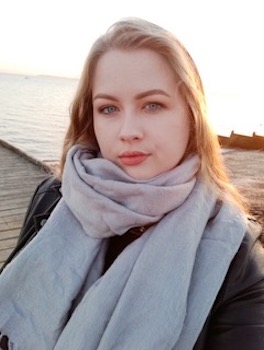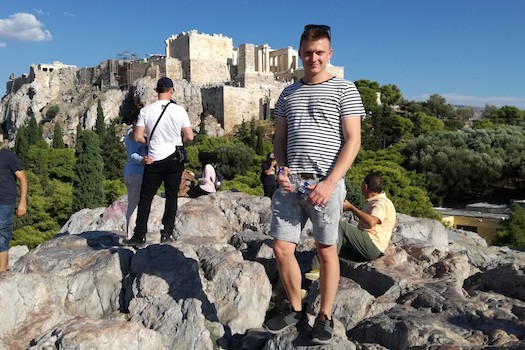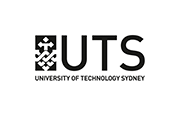MILSA participants 2018/2019
Anais Sommer

Canterbury
I went abroad mainly because of my studies, as it is mandatory for English students at the University of Bern to do a stay abroad in an English speaking country. But I decided to embrace it as a chance to grow, meet people and to experience life outside of my comfort zone. For the first three months, I went to the US (five weeks in Texas, six weeks in Arkansas), and for the second half I went to the UK (thirteen weeks in Canterbury) with ERASMUS to study at the University of Kent. I am taking part in MILSA because I deemed it a very good opportunity to reflect on my experiences and cope with them in a way that helps myself but maybe also others interested in my journey.
Severin Künzi

Athens
Between Switzerland and the Levant lies Greece. A fruitful place where European and Middle Eastern culture have met since time immemorial and new ways of thinking and beliefs have emerged. It should also be a fruitful place for me (a 25 year old theology student), which should challenge me through its simultaneous strangeness and familiarity. MILSA accompanies me on this journey. Be it shopping, studying at a Greek Orthodox faculty or having coffee with Greek friends. In everything I do, I try to speak Modern Greek in order to dive deeper into the culture and gain new insights.

